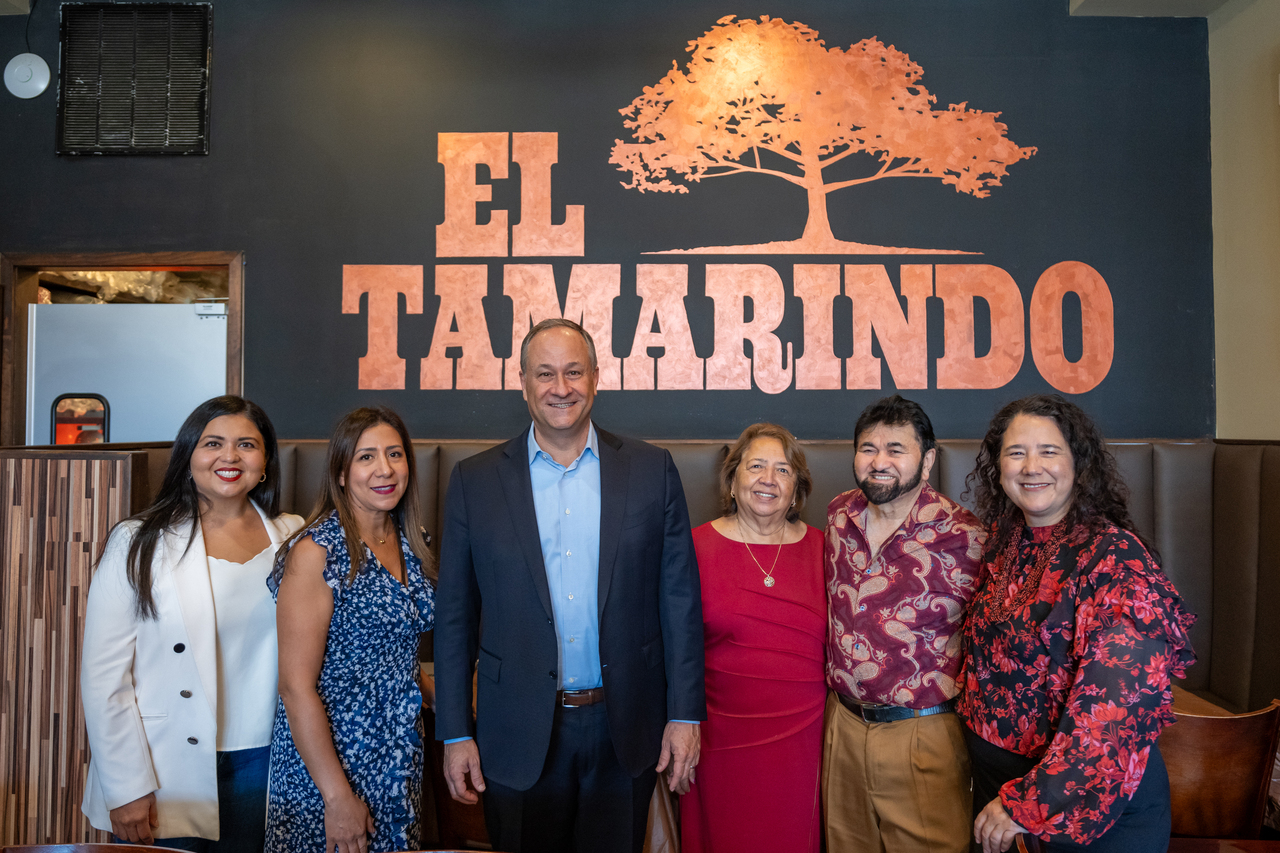
Beyond2020 launches its first project in Latin America
It seeks to promote food security, sustainable livelihoods and protect biodiversity.
The humanitarian initiative promoted by the United Arab Emirates (UAE) extends its global reach with this project located in the Yarinacocha district of Ucayali, Peru, where nearly 2,000 people are being trained to operate an innovative aquaponics system recently implemented, which will significantly improve the food security of more than 5,000 indigenous people and that seeks to preserve the rich biodiversity of the region.
H.E. Mohamed Abdulla Ali Khater Alshamsi, UAE Ambassador to Peru, said: “The Beyond2020 project in Peru offers the indigenous people of Ucayali a sustainable, fully-rounded solution spanning clean energy, food production and water. It brings long-term social and economic benefits through a focus on promoting knowledge exchange and training that aims to equip the local community with the skills and know-how needed to further advance their economic development. The deployment also notably addresses climate change, not only in terms of the solution itself, but also by building community awareness on the power of aquaponics to mitigate its worst effects on indigenous people and beyond.”
About the project
Beyond2020 named INMED Partnerships for Children, an international non-profit humanitarian development organization and a finalist for the 2020 Zayed Sustainability Prize in the Food category, to implement its commercial-scale aquaponics system (Aquaponics Social Enterprise Model) on campus of the largest indigenous teacher training institute in Peru, the Center of Excellence of the Yarinacocha Bilingual Higher Pedagogical Institute.
The system, which is the first aquaponics center in the Peruvian Amazon and the first completely solar installation in the region, works by combining fish farming (aquaculture) with vegetable production (hydroponics) in a closed circulation system, which grows organic vegetables at a production rate 10 times higher than the production of traditional crops.
The #Beyond2020 initiative has reached 5,000 indigenous people living in Ucayali River, Peru to improve food security through a solution by #ZayedSustainabilityPrize Food finalist @INMEDChildren combining aquaponics, fish farming & a comprehensive training platform. pic.twitter.com/QcYC0m5a0K
— Zayed Sustainability Prize (@ZSP_ORG) November 23, 2022
Among its benefits are:
RELATED CONTENT
- Uses 90% less water and 75% less energy than conventional mechanized farming
- The Center produces food throughout the year
- It is weather resistant and adaptable to any space limitation.
In addition, the harvests will provide food for the local elementary school and the surrounding community, increasing the nutritional value of school meals and the dietary diversity of students, while offering workshops and training to foster the development of technical skills in local students, pre-service teachers, educators, researchers, and community members.
“ADFD is a proud partner of the Beyond2020 initiative, which supports developing countries in achieving sustainable economic growth. Through this deployment, we have provided a sustainable, modern solution and tool for indigenous communities in Peru to combat food insecurity. While Peru has made great progress in recent years to improve food security throughout the country, those communities in remote areas are the highest at risk to food security and nutrition challenges. The installation of the aquaponics system in Ucayali has been invaluable in supporting the country’s inclusive sustainable development goals, and we look forward to seeing the Center’s impact on the community expand further in the years to come,” stated H.E. Mohamed Saif Al Suwaidi, Director General of ADFD.
Hasta la fecha, se han implementado un total de 12 proyectos de este tipo, incluidas soluciones relacionadas con energía, salud, agua y alimentos en Nepal, Tanzania, Uganda, Jordania, Egipto, Camboya, Madagascar, Indonesia, Bangladesh, Filipinas y Ruanda.
Además de Perú, otros 9 países han sido identificados como zonas de despliegue en el futuro.











LEAVE A COMMENT:
Join the discussion! Leave a comment.